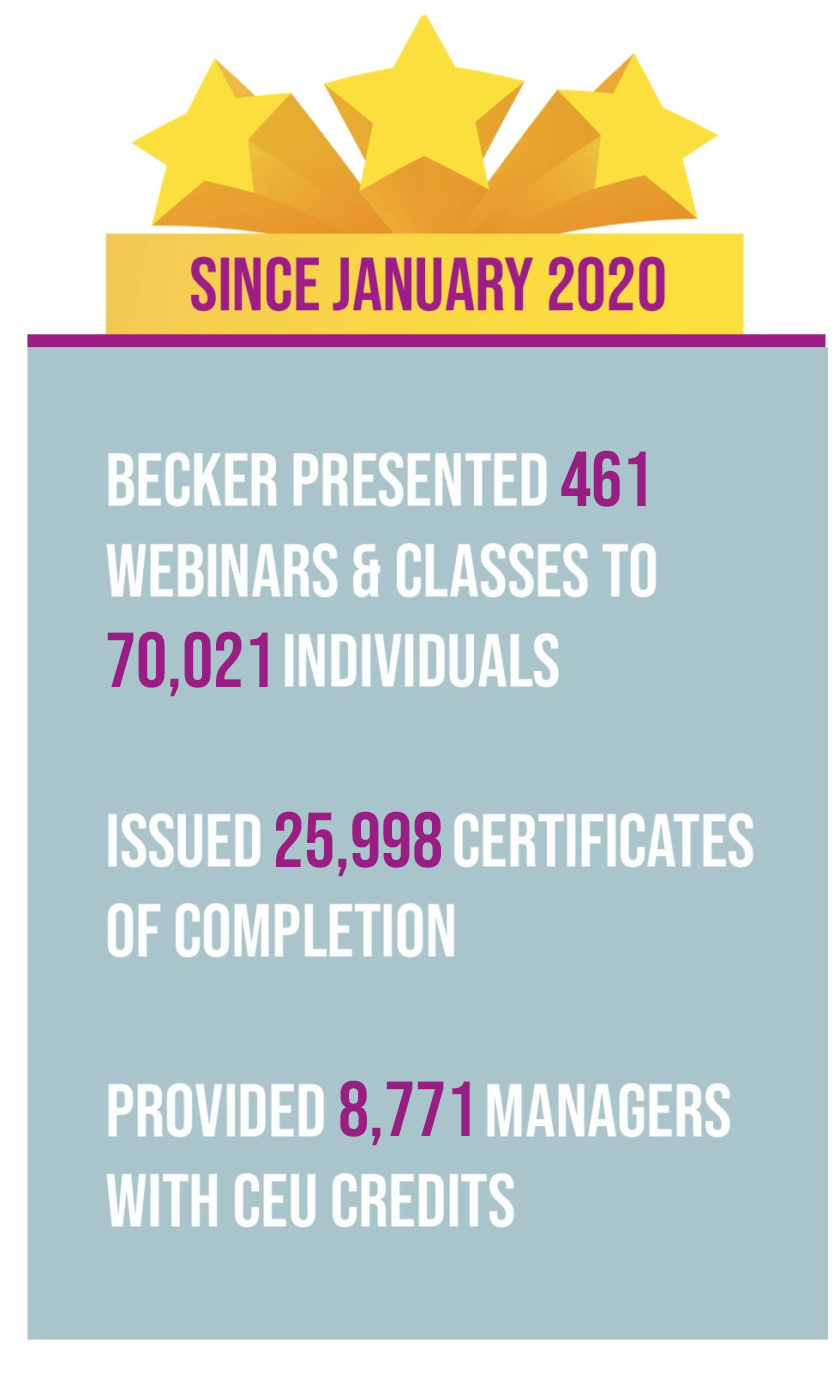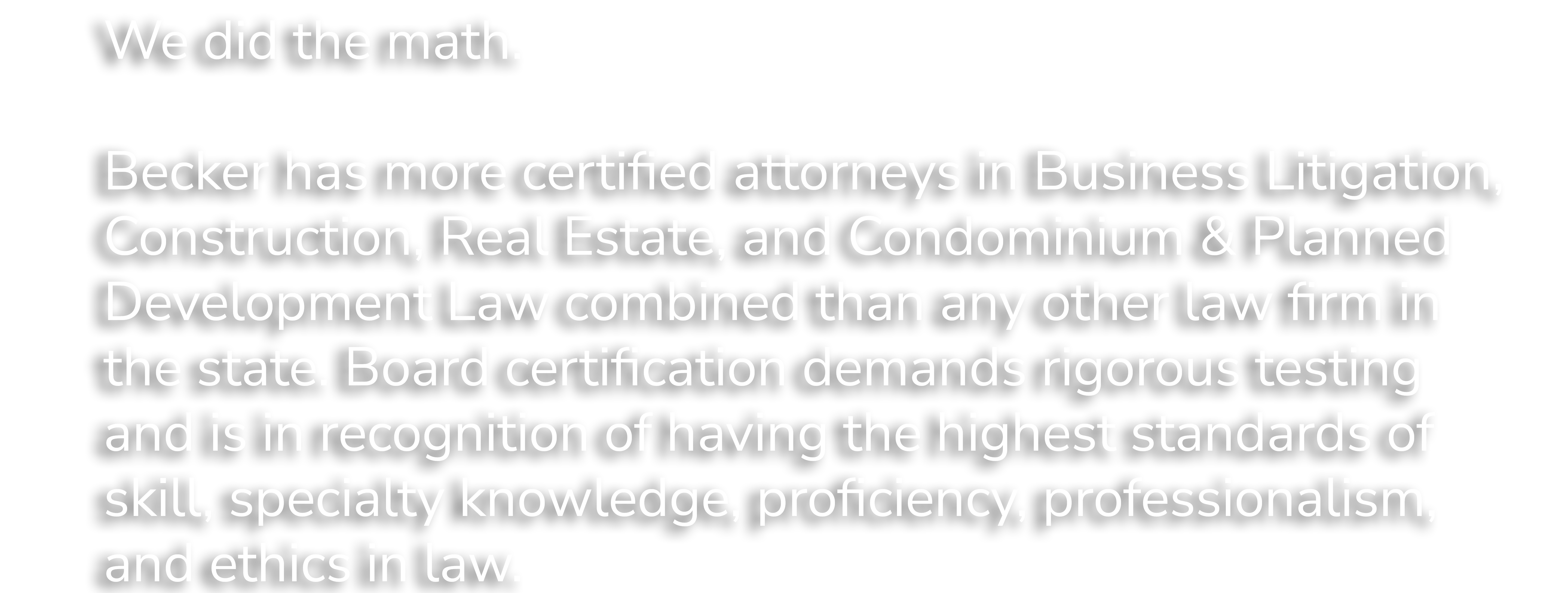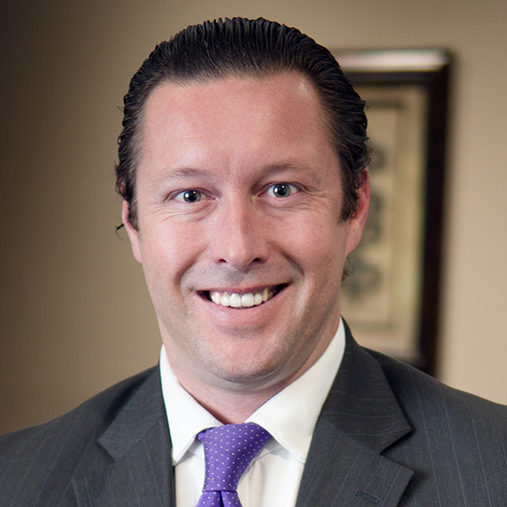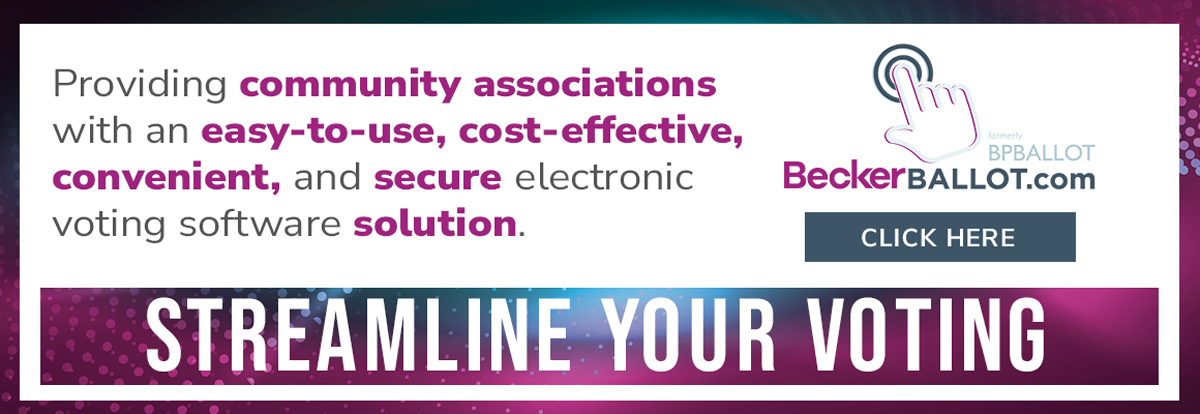In this edition of the Community Update, we address estoppel certificates, video cameras for surveillance, and the pending new laws from the 2024 Florida Legislative Session. We also welcome our newest Shareholder, Allison L. Hertz, and celebrate $120,000 raised for Pancreatic Cancer. Don’t miss our featured podcast episode that discusses crafting and protecting your community’s trademark.
Also featured this month is the Corporate Transparency Act (CTA). What is the CTA, and why does my community association need to know about it? The Becker team has designed a website to give your community some basic information about the CTA and provide insight from thought leaders in the community association industry. Click here to learn more.
Lithium-ion batteries, especially the large batteries like those used in e-bikes, store large amounts of energy and can overheat, catch fire, or explode. How can you protect your association before tragedy strikes? “E-Bikes and Batteries,” by Mary R. Hawk, emphasizes why associations should educate their members on the proper storage and charging of e-bikes and other personal transportation powered by batteries.
If you are living in a Homeowners Association the Board or the Architectural Review Committee generally cannot prohibit the installation of solar panels (or “solar collectors”). But what about a request to install such devices on the roof of a condominium? Michael O. Dermody has the answers in, “What Can Be Done About Solar Panels?”
If your community association is served with a complaint or subpoena, you must promptly forward it to your community association’s legal counsel. Nicolas M. Jimenez explains how receipt of a complaint or subpoena triggers time-sensitive legal obligations that can expose your community association to serious liability in, “What to Do if You Receive a Complaint or Subpoena.”
In “THIS CASE: Tiffany Plaza Condominium Association v. Spencer” unit owners challenged the payment of assessments for an alteration the members did not approve. Why does that matter? There are times when a change is necessary to protect the condominium building. Mark D. Friedman discusses how THIS CASE and its progeny have shaped the application of current law.
Articles
By: Mary R. Hawk
Florida has not escaped the growing epidemic of fires started by lithium-ion batteries, like those used in e-bikes and other battery-operated personal transportation devices. A recent Miami bike shop caught fire after the shop owner left an e-bike battery charging and closed the store for the day. Surveillance cameras caught the moment the battery exploded, starting the devastating fire.
What Can Be Done About Solar Panels?
If you are living in a Homeowners Association the Board or the Architectural Review Committee generally cannot prohibit the installation of solar panels (or “solar collectors”). A Florida law, F.S. 163.04, provides that any “deed restriction or declaration” or even any “similar binding agreement” may not prohibit — or have the effect of prohibiting — solar collectors (or clotheslines or any other energy devices based on renewable resources), from being installed on buildings or lots within the Association.
What to Do if You Receive a Complaint or Subpoena
If your community association is served with a complaint or subpoena, you must promptly forward it to the community association’s legal counsel. As explained in this article, receipt of a complaint or subpoena triggers time sensitive legal obligations that can expose your community association to serious liability.

Tiffany Plaza Condominium Association v. Spencer
416 So.2d 823 (Fla. 2d DCA 1982)
By: Mark D. Friedman
Last month we discussed material alterations and left you with the question, “when is a material alteration considered maintenance, allowing the board to move forward without membership approval (if required by your documents)?”
In Tiffany Plaza Condominium Association, Inc. v. Spencer, 416 So.2d 823 (Fla. 2d DCA, 1982), the condominium unit owners brought action against the association challenging the collection of an assessment for construction of a rock revetment on beachfront common property. The Circuit Court entered judgment for unit owners and the association appealed. The District Court of Appeal held that the association could properly assess all unit owners for construction of rock revetment to protect beachfront common element from damage if in fact construction of revetment was found to be necessary to protect the beachfront from erosion or damage. Therefore, this was considered maintenance and not an alteration requiring membership approval.
Two years later in Cottrell v. Thornton, 449 So.2d 1291 (Fla. 2d DCA, 1984), it was held that a vote of the unit owners was not required for repairs to canal systems, roadway systems, and a swimming pool to protect the common elements. Arbitrators from the Division of Florida Condominiums, Time Shares and Mobile Homes have extended this maintenance concept to also cover alterations and changes to the property to provide security. In Southridge Homeowners Association, Inc. v. Barbieri, (Arb. Case No. 94-0382), the arbitrator held that the association could have properly determined to install security lights without a vote of the owners if there existed convincing factual predicate that the board’s action was necessary to protect the common elements or inhabitants from a known danger. In Williams v. Sky Harbour Condominium Apartments, Case No. 93-0334), the arbitrator held that unit owner approval was not required for the construction of a fence on the condominium property where the condominium building was vulnerable to intrusion by persons without any legitimate connection to the project. The arbitrator stated:
. . . where there is a convincing factual predicate that a particular task undertaken by the board is necessary to protect the common elements or inhabitants from a known danger or peril, the board should be permitted to perform its maintenance, preservation, and protection function without the encumbrance of [the Florida Statutes]. This is consistent with Tiffany Plaza, . . . and its progeny. This result should obtain whether the perceived danger is from natural forces such as ocean erosion, or dangers posed by persons, whether would-be vandals, assailants, or mere trespassers, as the damage wrought by either force may be of the same gravity and proportion, and both are beyond the immediate ability of the association to control. (emphasis supplied)
So, why does THIS CASE (and its progeny) matter? There are times when a change is necessary to protect the condominium building. If an engineer provides that a certain type of change based on newer technology or other reasons would protect the condominium property, or a change in the law requires different materials or certain types of installations, or there is a convincing factual predicate that there is a preventable danger to the property, the board in its business judgment, after consultation with legal counsel, may (and I emphasize “may”) be able to do this without the vote on alterations required in the Declaration of Condominium or Section 718.113.
QUESTION OF THE MONTH
Q: I am in the process of selling my condominium unit and recently come across the term “estoppel certificate,” but I’m not quite sure what it means. Could you provide an explanation on exactly what kind of information is included on an estoppel certificate and just how much it typically costs to get one? I’d like to know whether it also covers any rule violations or possibly any other disclosures that I should be aware of before selling the unit.
The Corporate Transparency Act: Guidelines and Insights
In a significant step towards enhancing corporate transparency and combatting financial crimes, Congress enacted the Corporate Transparency Act (CTA) as part of the broader Anti-Money Laundering Act of 2020 and charged the U.S. Financial Crimes Enforcement Network (FinCEN) with implementation. This groundbreaking legislation marked a pivotal shift in the landscape of corporate reporting and oversight, aiming to illuminate the often opaque structures of corporate entities.
By January 1, 2025, all corporations, regardless of size, must file a report to comply with the Corporate Transparency Act. To ensure our Community Association clients are well informed and prepared, Community Association leadership spearheaded the development of a dedicated webpage on this important topic. You can access it here.
Video Cameras—for Surveillance Purposes Only
Florida Community Association Journal
By: Kevin L. Edwards
Many associations have installed video surveillance cameras within the community common areas as a means to provide security for their residents. However, good intentions often lead to unanticipated consequences. In fact the use of video cameras may expose an association to liability.
Generally, an association is not a guarantor or insurer of any person’s safety and is not obligated to provide “security” to its residents. However, once an association assumes a duty to provide security, it must do so in a non-negligent manner. This may very well be the case with installing “security cameras.” Florida courts have routinely held that if an association undertakes, or appears to undertake, the duty to provide security for its community, it must also take certain measures to prevent criminal activity from occurring on the premises.
CALLING ALL BOARD MEMBERS AND COMMUNITY MANAGERS
As leaders in Community Association Law, we not only helped write the law – we also teach it.
Did you know Becker provides over 200 educational classes per year throughout the State of Florida on a variety of topics ranging from board member certification to compliance, and everything in between? Our most popular classes are now available online!
To view our entire class roster, visit: beckerlawyers.com/classes
UPCOMING CLASS OFFERING:
- Hoarding and Other Mental Health Conditions in Community Associations
5/1/24 – 10:00AM – REGISTER HERE - Dealing with Difficult People
5/7/24 – 11:00AM – Registration coming soon - Fair Housing Act
5/10/24 – 11:00AM – Registration coming soon - Knowledge is Power
5/21/24 – 10:00AM – Registration coming soon
Featured Testimonial
“As a fresh addition to the HOA board, participating in the training session with Becker has proven incredibly enlightening and practical. It has equipped me with invaluable insights and knowledge, ensuring I approach my role as a Director within the HOA board association with diligence. I greatly appreciate all the feedback and suggestions provided. The recorded video session will serve as a crucial resource for me to revisit and thoroughly review the statutes discussed. Thank you once again for this opportunity. With this comprehensive preparation, I feel fully equipped and enthusiastic about representing my community effectively.”
~ Smirah Lambert
Can They Do That?
Becker’s “Can They Do That” video series tackles some of the unique problems that homeowners and renters face today. We answer your questions, no matter how far-fetched they may seem. From service animals to nudists in your community, we get to the bottom of it and let you know – “Can They Do That?”
Becker Steps Up to the Mic with Podcast,
‘Take It To The Board with Donna DiMaggio Berger’
Think you know what community association life is all about? Think again. Residents must obey the rules, directors must follow the law, and managers must keep it all running smoothly. Take It To the Board explores the reality of life in a condominium, cooperative or homeowners’ association, what’s really involved in serving on its board, and how to maintain that ever-so-delicate balance of being legally compliant and community spirited. Leading community association attorney Donna DiMaggio Berger acknowledges the balancing act without losing her sense of humor as she talks with a variety of association leaders, experts, and vendors about the challenges and benefits of the community association lifestyle. Don’t have a streaming app? You can now find all episodes on YouTube! Click here to listen now.
RECENT EPISODES:
-
- Practical Policies & Protocols Your Board Needs to Adopt with Claude Jennings, Jr.
- Everybody’s Sick: The Best Ways to Prevent Illness in a Multifamily Community with Dr. Jason Mansour of Broward Health
- Navigating Defamation Lawsuits and Non-Compete Clauses with Keith Grumer, of Grumer Law
- Not In My Backyard! Regulating Short-Term Vacation Rentals with Texas Attorney David Schwarte
- Understanding How to Handle your Association’s Insurance Claim with Public Insurance Adjuster Ken Shriberg
- Everything You Need to Know About Concrete Restoration Projects with Alessandra Bianchini, of Carousel Development and Restoration Inc.
- Crafting and Protecting Your Community’s Trademark with Becker’s Valeria Angelucci
- Cooking Up Community Connection with Tim and Lara Boyd of Mustard Seed Bistro
Featured Episode: Crafting and Protecting Your Community’s Trademark with Becker’s Valeria Angelucci
Has your association ever faced the challenge of a shadow website or social media page imitating your own? Have you discovered your community’s name being used by a business entity without permission? Host Donna DiMaggio Berger, along with guest Valeria Angelucci from Becker’s Corporate Practice, shed light on these common issues. Despite their prevalence, the solution for both prevention and resolution is often just one registered trademark away!
Pending New Laws
FCAP Managers Report
By: Howard J. Perl
The 2024 Florida Legislative Session ended Friday, March 8th, and it was one of the busiest sessions in memory in terms of producing new community association legislation. Please remember that these bills do not become law until they have been sent to the Governor who then has fifteen (15) days to sign a bill, veto a bill, or allow a bill to pass into law without his signature. As such, we may not know the final outcome for some bills until later this May or June.
Becker Welcomes Allison L. Hertz as Community Association Shareholder
Becker is pleased to welcome Allison L. Hertz as a shareholder in the firm’s Community Association practice group. She will be based in the firm’s West Palm Beach office.
Ms. Hertz is Board Certified by the Florida Bar in Condominium and Planned Development Law and focuses her practices exclusively on the representation of community associations and property owners in a wide range of legal issues. She often provides board certification courses to volunteer board members and continuing education courses to property managers.
DID YOU KNOW?
Becker Raised Over $120,000 for Pancreatic Awareness
At Becker, we stand united in our commitment to make a difference. We proudly announce our employees have raised over $120,000 for this year’s Pancreatic Cancer Action Network’s PurpleStride 5K Run/Walk, ranking among the top 5 fundraising teams nationwide. In total, Becker has raised nearly $500,000 over the last six years.
With over 60 events nationwide, PurpleStride is PanCAN’s primary fundraising mechanism, driving initiatives in research, clinical programs, and advocacy for those impacted by the disease.








